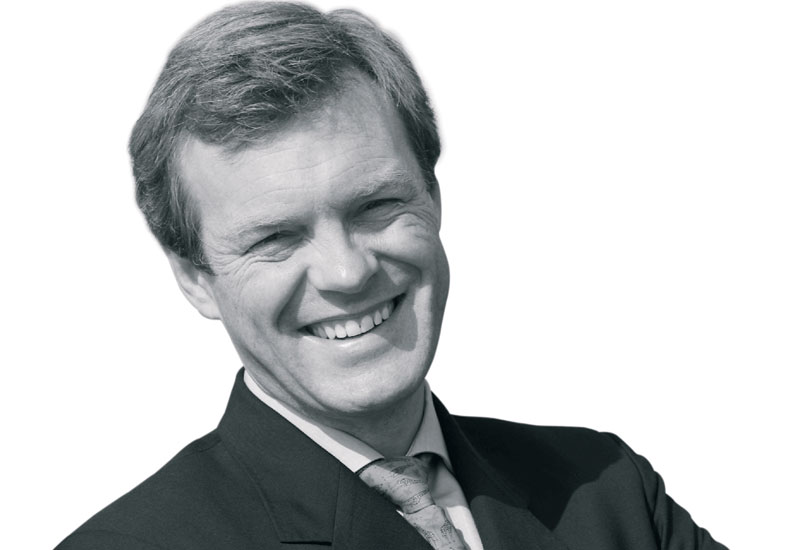Bootle’s presentation really hit home the reality of the situation we all face, not just in the hotel industry. The banking system is currently too busy licking its wounds and not interested in listening to external advice on how to transform itself from a sector based on greed, poor regulation and the pursuit of its own interests into something that would actually be able to cope with another financial disaster.
“The assumption that the system will come up with something that is good for all of us is pie in the sky,” commented Bootle, adding: “a radical reform of banking can be expected with banks being pretty poor providers of lending for some time to come. Increasing the regulation of financial service will add to the cost of borrowing”.
The lack of money means that corporate customers aren’t travelling as much, focusing on staying at home and safeguarding their jobs, whilst leisure travellers opt for shorter breaks, alternative holidays (such as camping) or not travelling at all in a bid to save money. This means that revenue per available room (RevPAR) has been badly hit and (despite some signs of occupancy level stabilisation), judging from the comments at IHIF, won’t reach previous highs for a few years. The figures opposite highlighting occupancy and RevPAR forecasts for 2010 were provided in a presentation by STR Global’s Mark Lomanno.

Advertisement
Hotel investment
Many other speakers at IHIF echoed Bootle’s comments and sentiments. The figures above, presented by Arthur de Haast of Jones Lang LaSalle Hotels, highlight just how much hotel investment has decreased in 2009 and reflects the reality of how great the impact of the financial crisis has been. Investors and lenders are still holding tightly onto their assets, which means that, on the whole, prices remain somewhat unrealistic.
According to Michael Fishbin from Ernst & Young: “Banks will rollover loans rather than call them in, or, to put it more succinctly, extend and pretend...a rolling loan gathers no loss”.
Whilst deals are few and far between, there are signs of renewed activity and as the pressure to sell mounts, some decent stock is coming onto the market with CBRE Hotels listing Grosvenor House in London for a reported £550 million and Christies selling the Park Inn Hyde Park for £35 million.
This is in no small part down to London outperforming the rest of Europe with RevPAR growth in 2009 and 2010.
However, the investment market will continue to remain difficult until there is an economic upturn, hotel/land owners find themselves in financial distress, or when the banks get to grips with their loan books and call in the administrators or undertake some form of financial restructuring.
Building brics and future growth plans
Whilst some developers and investors may try to avoid Europe and the Americas in the short-term, many people see the BRIC economies as the ones which offer the greatest potential for returns on investments. According to the DLA survey, respondents identified India (24%) and China (28%) as representing the best opportunities.
Karen Friebe of DLA said: “Some chains have focused on cutting their debt and are now reasonably well-positioned to grow through new market opportunities in BRIC countries — particularly China and India”.
James Goulding of Hong Kong’s LimeTree Consulting said his company was investing in beach front and coastal land in the Asia-Pacific, especially in places like Thailand, Vietnam, Cambodia, Australia and increasingly in Sri Lanka. Goulding said that with Asia home to more than two billion people, the Asian tourism industry will be less about westerners and more on intra-regional tourists — most of them within three hours flying time of the tourist destinations across the region and having greater spending power.
So where do we go? 2009 was tough and sent shockwaves across the industry, but it will be the actions that we take in 2010 that will really shape the hotel investment industry in the years to come. Now, more than ever, we need to take intelligent decisions, make intelligent investments, plan more intelligently for the future and, perhaps most important of all, think more intelligently.










 Search our database of more than 2,700 industry companies
Search our database of more than 2,700 industry companies









